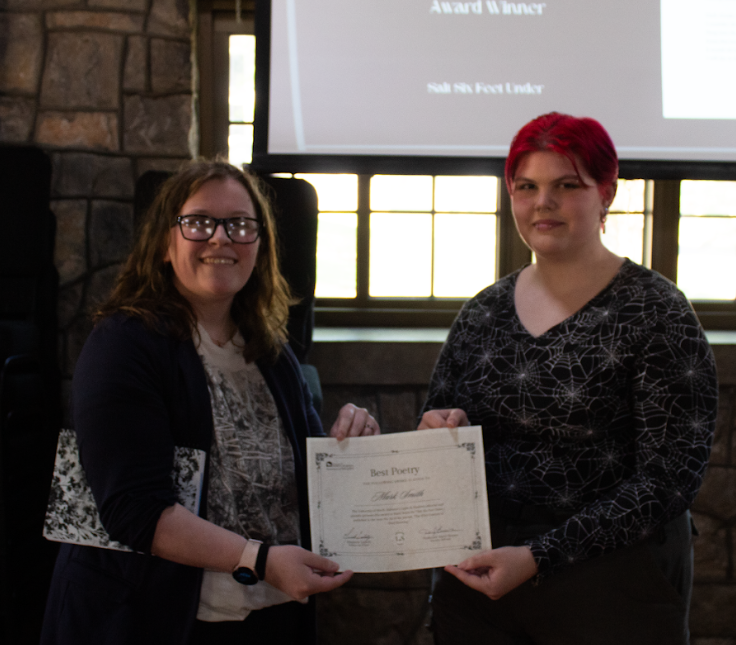For those with allergies or other dietary restrictions, finding food on campus can be a struggle, especially for those who live on campus or are unable to access outside resources for food.
A student who struggles with access to food is Lucian Baylis, who cannot eat gluten or any wheat products. They often find it difficult to find things that they can eat while on campus.
“I’m pretty much limited to two solid options, which are Chick-fil-A and sushi,” said Baylis. “Even that can come with a risk, because there’s always a risk of cross-contamination. People have really great intentions overall. They want there to be options. I talked to the head of food staff here about these issues, and they think that because there are two options, that is enough. Just like anybody else, I don’t want to be stuck eating one or two things for an entire year.”
To further this issue, dining options like One Stop in the Guillot University Center advertise gluten-free options, but they are seldom available due to a lack of demand. The options that are available are often fruits and vegetables as opposed to full meals. Even options Baylis can usually count on, like Chick-fil-A, are sometimes out of stock.
Mane Market provides more allergy-friendly options than other locations on campus, but students do not always have time to go to Mane Market between classes, instead resorting to grab-and-go options.
Because of the lack of options on campus, Baylis often supplements with groceries, but gluten-free foods are much more expensive than normal groceries, which is inconvenient on a college budget.
Baylis would like to see more options available at the locations that are already on campus, as they feel that this would be a simple way to improve the experience of students living with dietary restrictions. They also believe it would be beneficial to have designated allergy-friendly locations in Mane Market to reduce cross-contamination. For students who have no other option, Baylis said it would be ideal to offer gluten-free food in The Pantry.
“A lot of things seem more complicated when you look at it from a wider perspective, but I think [it would help ] if staff would talk to students and actually listen about what we need,” Baylis said. “It’s just a small minority, but that minority still has to eat.”
UNA Dining Services declined to comment.










